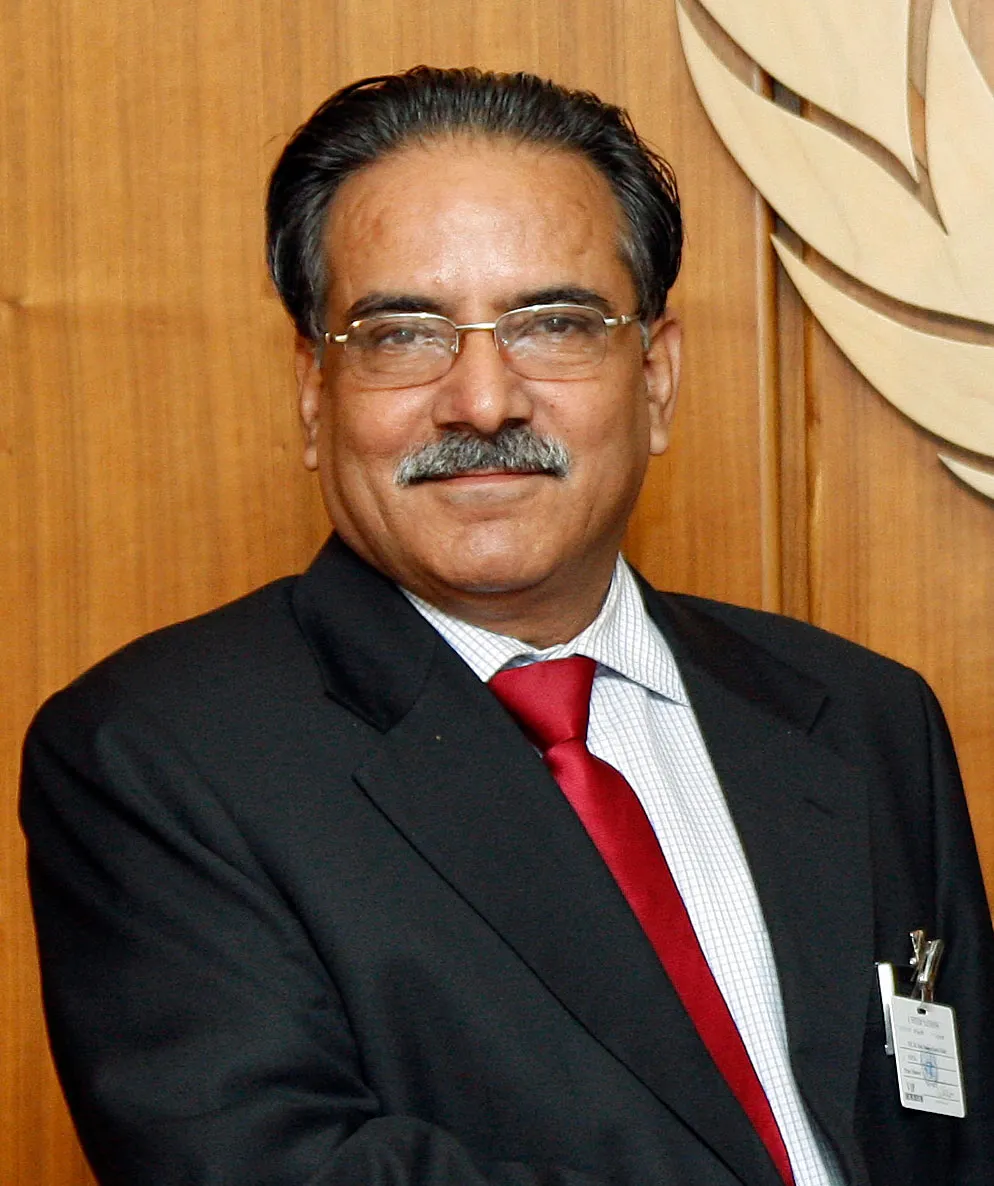

Prime Minister Pushpa Kamal Dahal ‘Prachanda’ has said that the upcoming fiscal year’s budget, and policy and programmes would be focused on structural reforms.
At a programme on ‘Current Challenges of Economy and Future Steps of Solution’ organized by Nepal National Employees’ Organization of Nepal Rastra Bank (NRB) today, the PM said that projects and programmes that give good returns would be allocated budget with top priority.
“The new budget would cut unnecessary budget, increase capital expenditure by enhancing government’s spending capacity and encourage private sector in generating production and creating employment, the PM shared the government’s key priorities. Economy will be robust by increased economic activities from such efforts,” the PM added.
PM Prachanda shared that massive transformation and structural changes are required in every sector adding that entire focus should be centered on achieving sustainable economic development and prosperity by troubleshooting the challenges of different sectors’ of economy.
Likewise, the PM called for coordinative efforts the state organs, private sector and stakeholders for Nepal’s graduation from the LDC and meet the Sustainable Development Goals (SDGs).
The PM said that there is now significant improvement in balance of payment, and the foreign exchange reserves has also increased due to government’s move to protect country’s economy.
The PM also mentioned that there have been improvements in other economic indicators including the liquidity supply and reduced interest rate.
The Prime Minister said that socio-economic area of the people has not changed remarkable though significant achievements were gained in the political sector. “We changed the system. Now, we should focus our attention to change the socio-economic situation. We have to carry out activities making a stride in all sectors,” he shared.
Stating that the government under his leadership initiated some important measures to address challenges of economy, PM Dahal viewed that policies and programmes have been implemented for good-governance, prosperity and social justice.
Stating that good-governance could not be promoted until irregularities and corruption were curbed, the PM assured that the incumbent government was seriously working towards combating the corruption.
He expressed, “This has become clear from some recent actions. I would like to extend my gratitude to everyone for your solidarity and support in various ways towards the steps taken by the government towards combating corruption.”
Similarly, National Planning Commission Vice-Chairperson Dr Min Bahadur Shrestha asserted the solutions to the challenges prevailing the national economy at present should be sought through monetary policy and fiscal policy.
Shrestha said, “The budget for the next fiscal year is being prepared. The fiscal policy will deliver what it ought to. The monetary policy introduced thereafter should address the economic challenges prevailing at present.”
Likewise, Nepal Rastra Bank’s Governor Maha Prasad Adhikari spoke of the need to gain economic inter-independence from the external dependence. He underscored structural reforms to bring about positive changes in the situation of reliance on external production and imports for revenue collection.
The Governor argued that we lagged behind economically since we got engaged in political movements for an extended period of time. He highlighted the need to prioritize a lot of things in agriculture and moving ahead strategically.
“Our national economy is currently dependent on remittance. As a result, this year may be favorable in the external sector and the fiscal sector may look successful but challenges certainly loom large for coming days.”
—